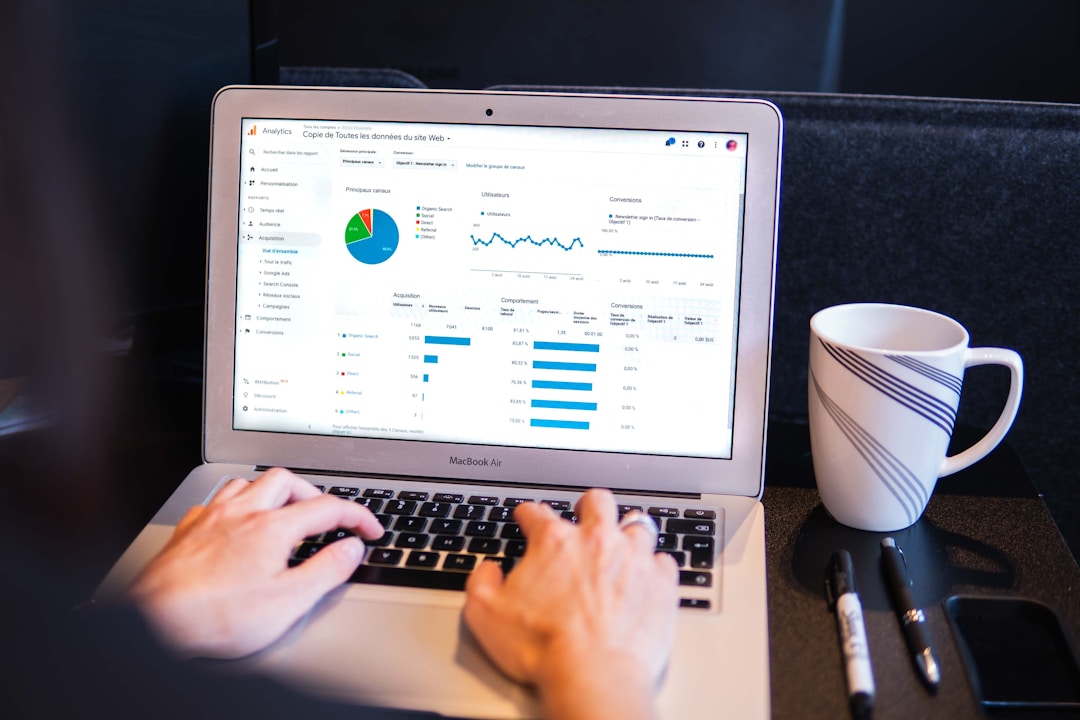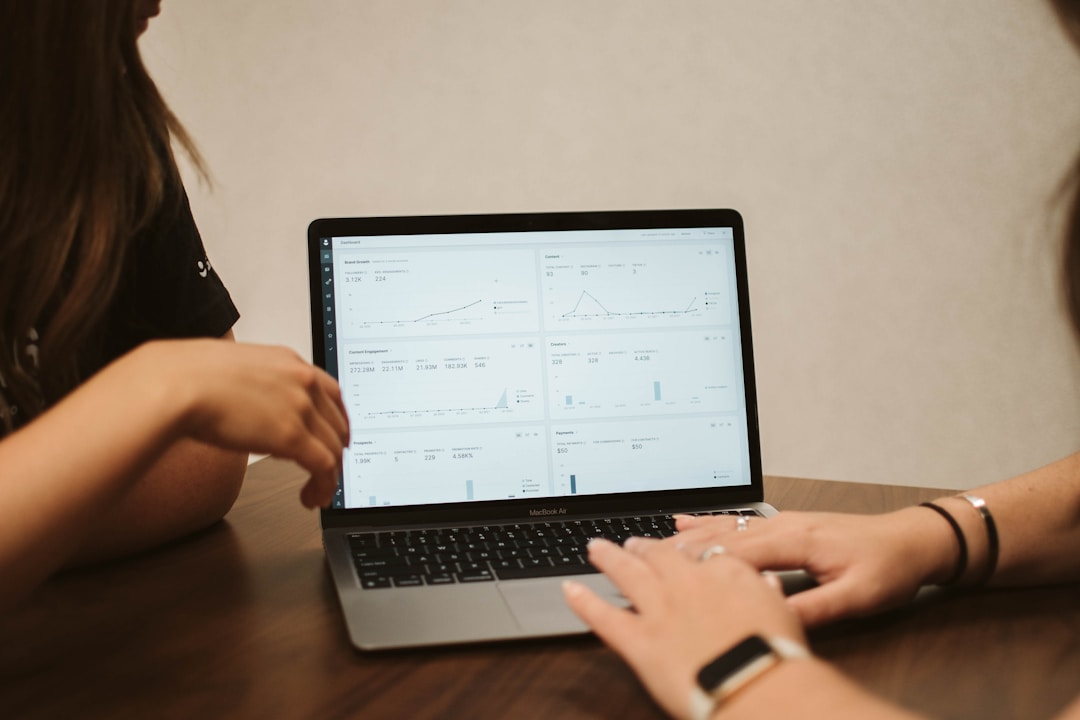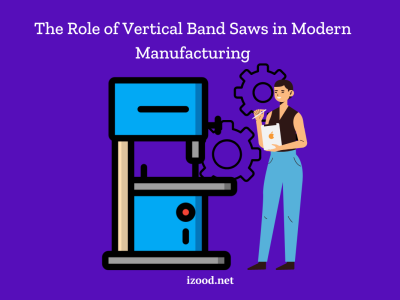In an age where computers are gradually replacing people, technological innovations are compelling businesses to rethink traditional business models. The preferable way to stay competitive is to embrace the opportunities that technology offers. One such advancement that is making significant waves in the restaurant industry is the use of technology for reporting and analysis. Keep reading to explore how reporting is revolutionizing the restaurant industry and drastically enhancing customer experience.
Introduction to Reporting Tools

In the ever-evolving world of technology, a new paradigm is making its entrance—the concept of microservice architecture. It is a method of developing software systems that focuses on building single-function modules with well-defined interfaces and operations. The approach of microservice structuring has given birth to microservice reporting—a simple, elegant, and efficient way of extracting insights from data. The primary purpose here is to create autonomous and independent services that can function and scale separately to accommodate changing business needs.
This type of reporting has emerged as a game-changer for many industries, most notably in the restaurant industry. The restaurant industry operates in a very dynamic environment where patterns and trends change more often than the menu. Understanding and keeping up with this environment requires a modern approach to answering crucial business questions. This is where reporting comes into play, offering timely and actionable insights.
Reporting in the Restaurant Industry
Reporting is making a profound impact in the restaurant industry. Its success is not just palpable, but quantifiable as well. To understand this, let’s bring out some instances where reporting has added immense value. Take the case of inventory management as an example. Using reporting, businesses can track the real-time use of restaurant refrigerators and other equipment as well as keep track of ingredients, predict trends, and align purchasing methods accordingly. This can save a significant amount of time, money, and effort for the restaurant owners.
However, its real brilliance is in enhancing the customer experience. Reporting can help analyze customer behavior and preferences, leading to a more personalized service. The analytics can also be used to predict future trends helping restaurants prepare for the future. Such intelligent predictions and personalized services can significantly improve customer satisfaction and loyalty.
How to Implement Reporting in Your Restaurant

While the benefits of reporting for restaurants are numerous, implementing this model can be a complex process. It requires a shift in your business processes, architecture, and culture. To begin with, the restaurant needs to have a reliable and robust data platform, capable of handling large volumes of data. Additionally, the platform should be flexible enough to allow the addition of new features and functionalities as and when required.
Next, it is crucial to identify the specific metrics and KPIs that your restaurant wants to track and monitor. These could range from sales and revenue to customer satisfaction and loyalty metrics. The key here is to choose metrics that align with your restaurant’s primary goals, objectives, and strategies. Once these metrics are identified, the next step is to build or buy a reporting tool that supports these metrics.
The final step is continuous monitoring and enhancement. Once the reporting tool is implemented, it should be regularly monitored to ensure it is delivering the desired results. Its performance should also be regularly calibrated and enhanced to keep pace with changing business requirements and customer preferences. The ultimate goal should be to create a system that enables continuous data-driven decision-making.
Altogether, the blooming intersection of reporting and the restaurant industry is undeniable. It’s a testament to the fact that technology will continue to play a massive role in shaping the future of business operations. By gathering actionable insights, predicting future trends, optimizing operations, and enhancing customer service, reporting doesn’t just revolutionize restaurant operations but also offers a roadmap for other industries.







